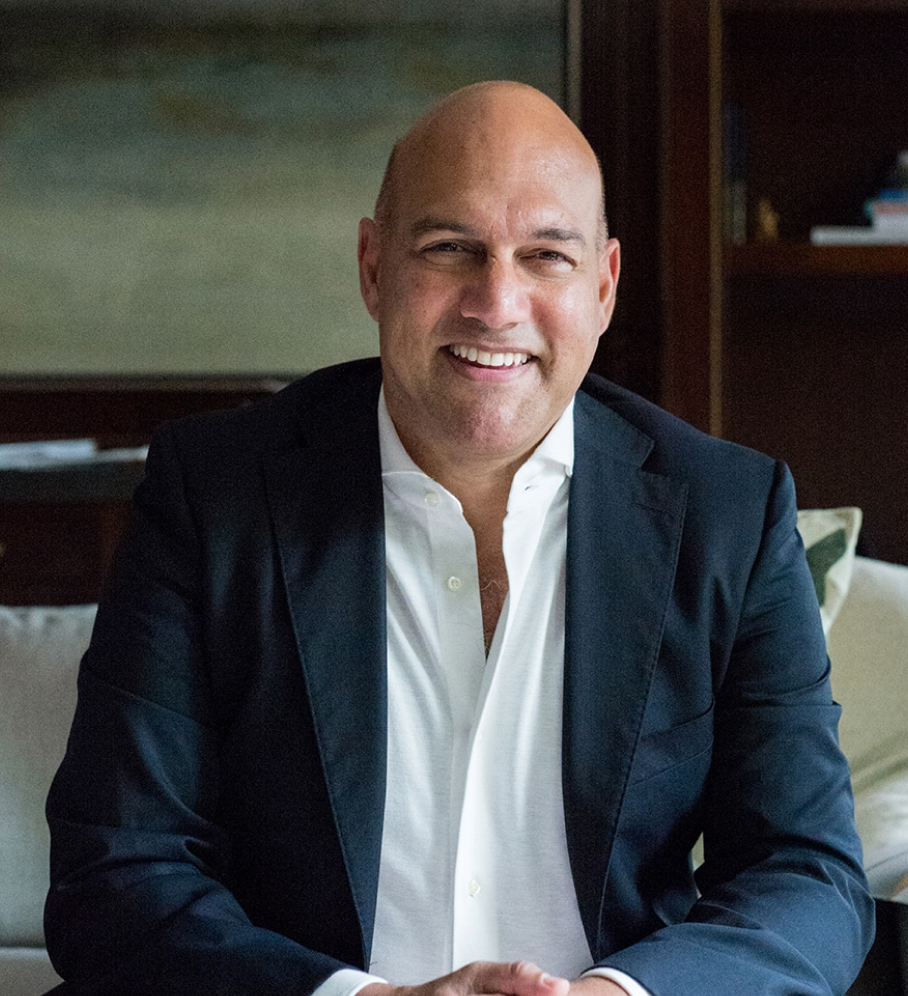ExO - Second Generation
The original Exponential Organizations book was published in 2014. The impetus to create it was a growing recognition that something important—and as yet undocumented—was going on in the tech world. Salim Ismail, in particular, had been running Singularity University in Silicon Valley. He was regularly seeing exciting new companies that didn’t look like the Valley’s traditional startups—not just in the nature of their products and services (novelty is the heart of the Valley) but also in the way they were structured and operated. In 2011, Salim began giving talks and lectures about this phenomenon and started writing the book. In 2012, Yuri van Geest joined as a writing partner; he was instrumental in the development of the ExO model and the creation of the book. Michiel Schuurman performed extensive research for the case studies in the book. Meanwhile, Peter Diamandis, the primary founder and first chairman of Singularity University, had noticed the same trend and had also begun to write about this new phenomenon.
New organizational models in Silicon Valley and tech have a deep history, dating back to the HP Way in the 1950s, through Theory Z in the 1970s, and up to the present. Companies that successfully adopt new models suddenly accelerate, leaving the competition behind and becoming the dominant enterprises of their era. Witness how quickly eBay® and Craigslist® decimated the newspaper classifieds. With Peter advising, the team set out to formulate a definition of these “Exponential Organizations.” This is what they came up with.
An Exponential Organization (ExO) is one whose impact (or output) is disproportionally large—at least 10x larger—compared to its peers because of the use of new organizational techniques that leverage accelerating technologies.
The team then needed to explain the new techniques and technologies these organizations used and to show how they produced these extraordinary outcomes. They analyzed 70 different business paradigms, from Michael Porter to Clay Christensen to Lean Startup to Jim Collins and many others, to see what they did differently. They then researched more than 200 “unicorns”—privately held startup companies valued at more than $1 billion US—that were scaling their organizations as fast as their technology. The team then enlisted Silicon Valley journalist and author Michael Malone, who had thought and written a lot about precisely these kinds of organizational revolutions, with Valley pioneer Bill Davidow, who had co-authored the seminal book The Virtual Corporation (1984) and a follow-up book on “protean corporations.” He concurred with Salim, Peter, and Yuri: in Exponential Organizations, they had found the next evolutionary step for business and other enterprises.
In 2014, this team, along with a community of about 100 contributors, published Exponential Organizations, bringing together in a coherent narrative all they had learned about this compelling new phenomenon. They hoped to bring about a global conversation and perhaps to spark some test cases to see if their model worked as well as they predicted.
After ExO launched, Yuri went on to integrate his organizational thinking and frameworks into consciousness, art, nature, ancient wisdom, and deep humanity. Michiel has been focused on unlocking human potential and vitality by creating personalized learning journeys based on users’ unique biology.
Join Our ExO Community - Unlock Exponential Growth!
Traditional growth models risk obsolescence. Learn how to become an Exponential Organization (ExO) and drive innovation with disruptive technologies. Sign up now!
Organizations implementing the formula have delivered over
- ⭐ 6.8x high profitability
- ⭐ 40x higher shareholder returns
- ⭐ 11.7x better asset turnover
- ⭐ 2.6x better revenue growth






